
Do you ever wonder how to shape your child's future? Do you want to empower them to become confident, resilient adults who can thrive in the world? Enlightened parenting could be the answer.
Enlightened parenting is a philosophy that emphasizes understanding and meeting your child's unique needs, fostering emotional intelligence, nurturing social skills, building confidence and resilience. This approach recognizes that each child has their strengths, weaknesses, and personality traits that require individualized attention.
It emphasizes empowering children rather than controlling them, so they can learn how to make choices independently and take responsibility for their actions. With enlightened parenting techniques, you can reshape your child's future by giving them the tools they need to succeed in life.
Understanding the Importance of Enlightened Parenting
You can't afford to ignore the crucial role that understanding the importance of enlightened parenting plays in your journey as a parent.

It's easy to get caught up in day-to-day responsibilities and forget that you hold an immense amount of power over your child's future. The way you choose to raise them will make a lasting impact on who they become as adults.
That's why it's essential to recognize the power of empathy when it comes to parenting. Empathy is the ability to understand and share the feelings of another person. When you approach parenting with empathy, you're better able to connect with your child on a deeper level, which can create a stronger bond between you two.
Balancing discipline and freedom is also key in enlightened parenting - while it's important for children to have guidelines, it's equally important for them to feel like they have some control over their lives. By taking this approach, you'll be setting your child up for success down the road by providing them with both structure and autonomy.
Recognizing your child's unique needs is the next step in becoming an empowered parent who raises happy, healthy children.
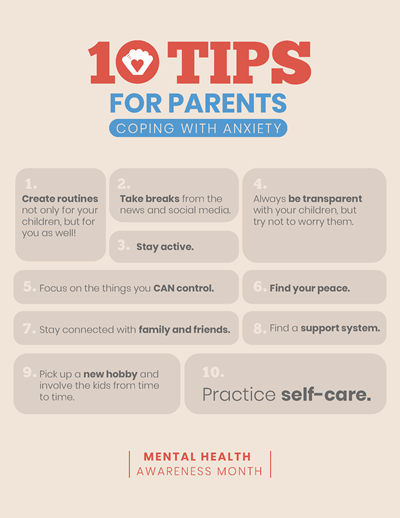
Recognizing Your Child's Unique Needs
As a parent, it's important to recognize that each child has their own unique set of strengths and weaknesses. By identifying these traits early on, you can tailor your parenting techniques to best fit your child's needs.
Being mindful of your child's individuality can help you create an environment where they feel empowered and supported. This, in turn, can lead to a happier and more successful future.
Identifying Strengths and Weaknesses
Discovering your child's unique strengths and weaknesses can aid in their personal growth and development, allowing them to reach their full potential. As a parent, it's important to recognize that every child has individual needs and abilities.
Assessing your child's potential and overcoming any limitations they may have will help them excel in all areas of life. To identify your child's strengths and weaknesses, start by observing their behavior in different situations. Take note of what activities they enjoy doing the most or seem to excel at effortlessly. This could be anything from artistic expression to problem-solving skills.

Conversely, pay attention to areas where they struggle or show less interest in. Once you've identified these areas, encourage the development of their strengths while providing support and guidance as they work on improving their weak points. Remember that each child has their own unique path towards success, so allow for flexibility as you tailor your parenting techniques accordingly.
By understanding your child's individual qualities and needs, you can empower them towards a successful future filled with opportunities for growth and self-discovery. Tailoring parenting techniques based on this knowledge will enable you to foster an environment that nurtures your child's full potential without imposing unnecessary restrictions or expectations onto them.
Tailoring Parenting Techniques
So, you think your parenting game is on point? Think again! It's time to shake things up and tailor your techniques to better suit your little one's unique needs and abilities.
Personalization techniques are critical when it comes to raising a child who thrives. Adapting strategies that work best for their personality, interests, and strengths can make all the difference in how they perceive themselves and their place in the world.
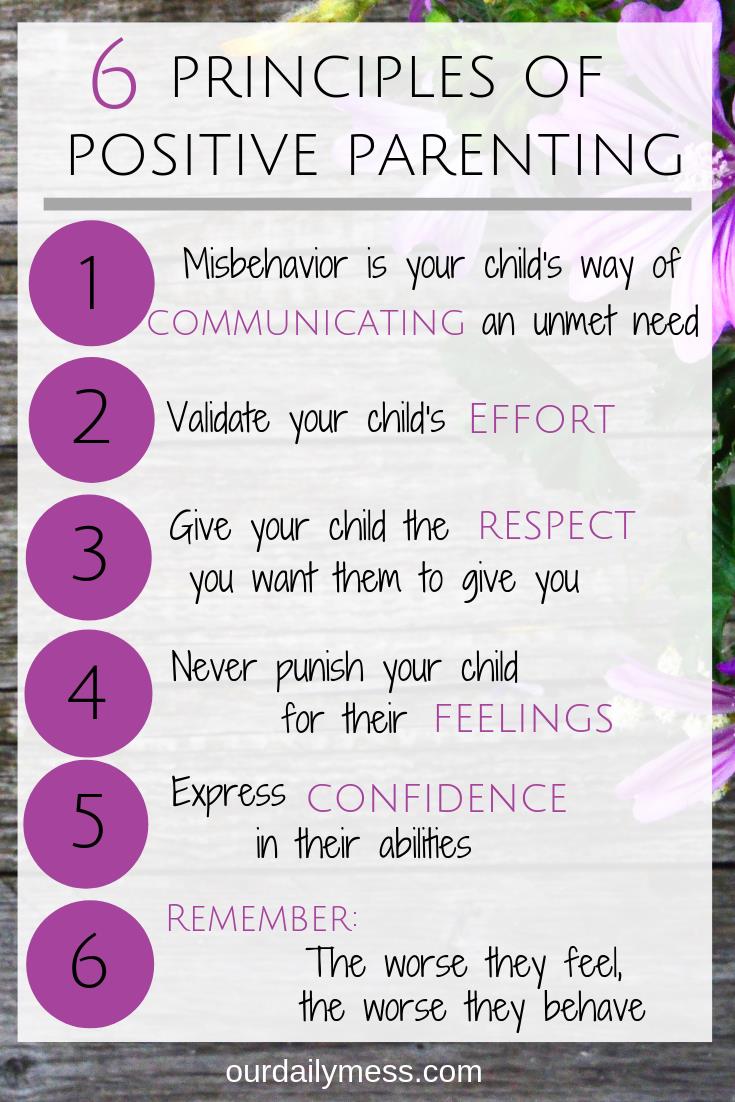
There's no one-size-fits-all approach when it comes to parenting. What works for one child might not work for another. By taking the time to understand what makes your child tick, you can adjust your parenting style accordingly.
Tailoring your techniques means letting go of preconceived notions of what you think is right or wrong and instead focusing on what will help build a healthy relationship with your child based on mutual understanding and respect.
By doing so, you'll be setting them up for success now and in the future as they learn how to navigate life's ups and downs with confidence.
And speaking of confidence, fostering emotional intelligence is another essential aspect of enlightened parenting...
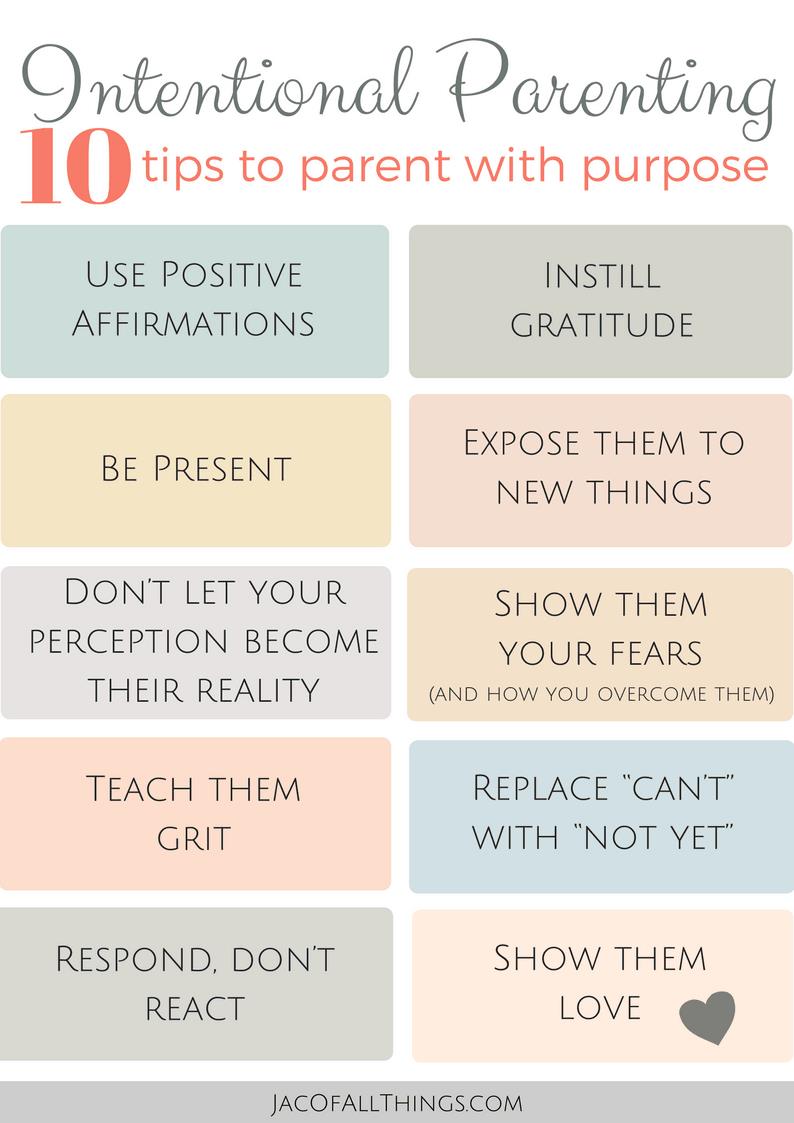
Fostering Emotional Intelligence
Boost your child's emotional intelligence by encouraging them to express their feelings and helping them develop healthy coping mechanisms. Developing empathy and managing emotions are crucial skills for children to learn in order to have successful relationships with others.
When you validate your child's emotions, it helps them feel heard and understood, leading to improved communication and a stronger sense of self-worth. Help your child develop healthy coping mechanisms by offering support when they're feeling overwhelmed or upset. Teach them breathing techniques or encourage physical activities like running or yoga that help manage stress levels.
By fostering emotional intelligence in your child, you're equipping them with the tools they need to handle difficult situations throughout their lives. As you nurture these skills, you can also focus on nurturing social skills such as conflict resolution and building positive relationships with others.
Nurturing Social Skills
In the Current Section, you'll learn how to help your child build strong social skills that can lead to happier relationships and better communication with others.

Developing empathy is an important aspect of social skills that parents can teach their children. By encouraging your child to understand and value other people's feelings, they'll be able to form deeper connections with others.
Teaching communication skills is also key in nurturing social skills. Children who are able to express themselves clearly and respectfully are more likely to have positive interactions with their peers. As a parent, you can model good communication by being an active listener and encouraging your child to express themselves without fear of judgement.
With practice, these skills will become second nature for your child, leading them towards positive experiences in their personal and professional life.
Building confidence and resilience are essential steps in helping your child succeed in the world, which we'll discuss next.
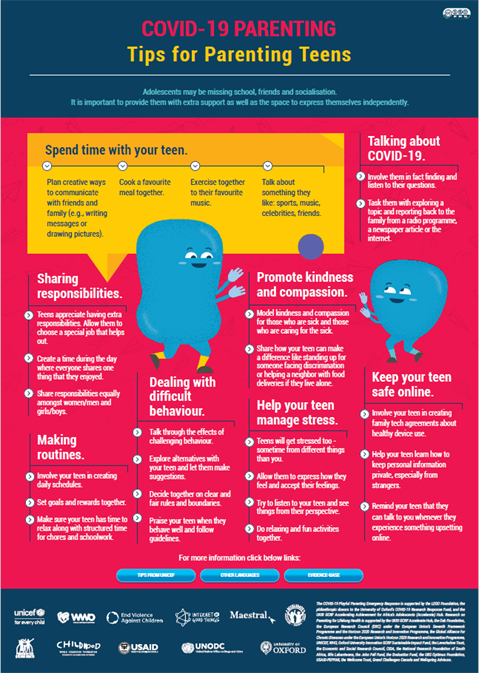
Building Confidence and Resilience
Hey there, it's time to talk about building confidence and resilience in your child.
Encouraging positive self-talk is a great way to start. By teaching your child to speak kindly and positively about themselves, they'll begin to believe in their own abilities.
Additionally, teaching coping mechanisms for stress will help them bounce back from difficult situations and become more resilient overall.
Remember that building confidence and resilience takes time, but with consistent effort, you can empower your child to face any challenge with grace and determination.

Encouraging Positive Self-Talk
By practicing positive self-talk, you can help your child develop a healthy mindset and build confidence. This technique involves using encouraging words to promote self-belief and positivity.
Below are some techniques for implementation and benefits of positive self-talk:
- Encourage your child to replace negative thoughts with positive ones.
- Use affirmations regularly to boost their self-esteem.
- Teach them to focus on their strengths rather than weaknesses.
With regular practice, positive self-talk can help your child develop resilience and cope with difficult situations. As a parent, you play an important role in shaping their mindset and helping them become the best version of themselves.
Teaching coping mechanisms for stress is another essential aspect of empowered parenting. By equipping your child with effective strategies for managing stress, you can help them navigate through life's challenges with ease.

Teaching Coping Mechanisms for Stress
Congratulations on taking the first step to empower your child through enlightened parenting! In our previous subtopic, we discussed the importance of encouraging positive self-talk in children to boost their confidence and self-esteem.
Now let's move onto another crucial aspect of parenting: teaching coping mechanisms for stress.
Life can be stressful, and it's important for children to know how to deal with it. Mindfulness techniques are a great way to help kids manage their stress levels. By teaching your child mindfulness exercises like deep breathing, meditation, or yoga, you can help them stay grounded and present in the moment.
Additionally, communication strategies play a vital role in helping children cope with stress. Encourage your child to talk about their feelings openly and honestly without fear of judgment or criticism. This will create an environment where they feel heard and understood, which can go a long way in reducing anxiety.

As parents, we want nothing more than for our children to succeed and thrive in life. By teaching them coping mechanisms for stress through mindfulness techniques and communication strategies, we're equipping them with valuable tools that they'll use throughout their lives.
So take some time today to practice these techniques with your child - you'll both benefit from feeling more relaxed and centered as a result!
And now let's move on to the next section where we'll discuss putting enlightened parenting into practice without feeling overwhelmed or intimidated by the process.
Putting Enlightened Parenting into Practice
Implementing the principles of enlightened parenting into everyday life can significantly enhance a child's development and promote a healthy parent-child relationship. It's important to remember that being an enlightened parent doesn't mean you have to be perfect, but rather that you're willing to learn, grow and adapt as a parent.

Here are three key strategies you can use to put enlightened parenting into practice:
Consistent reinforcement: Children thrive on consistency. So, it's important to set clear expectations and consequences for their behavior. By consistently reinforcing positive behaviors and addressing negative behaviors in a constructive way, parents can help their children build self-esteem and confidence.
Setting boundaries: Boundaries provide structure and guidance for children, helping them feel secure and safe. Setting appropriate boundaries also teaches children about respect for themselves and others.
Active listening: Listening actively involves giving your full attention to your child when they speak, without interrupting or judging them. This helps children feel heard and understood, which builds trust between parent and child. When parents listen actively, they gain valuable insights into their child's thoughts and feelings, which can help them respond more effectively to their needs.

By incorporating these strategies into your daily interactions with your child, you can create an environment where they feel loved, supported and empowered to reach their full potential. Remember that parenting is a journey of learning and growth. By practicing enlightened parenting techniques consistently over time, you'll see positive changes in both yourself as a parent and in your child's development.
Frequently Asked Questions
What is the recommended age range for implementing enlightened parenting techniques?
Parenting is like planting a seed that grows into a beautiful tree. Early implementation of enlightened parenting techniques is crucial for the growth and development of your child. It sets the foundation for long-term benefits, such as building self-esteem, encouraging independence, and fostering healthy relationships.
However, adolescent adoption of these techniques can present challenges faced by both parents and children. As a parent, it's important to understand that change doesn't happen overnight, but with persistence and patience, you can help shape your child's future.
By creating an environment of love, respect, open communication, and mutual understanding between you and your child - you will be able to empower them to reach their full potential while developing positive life skills that they will carry with them throughout their lives.

Are there any negative effects of embracing enlightened parenting methods?
Embracing enlightened parenting methods may have some negative effects on your child's mental health in the short-term, but the long-term benefits outweigh any temporary setbacks.
While it can be challenging to implement new techniques, such as using positive reinforcement instead of punishment, the end result can lead to a healthier and happier relationship between you and your child.
By empowering your child through communication and allowing them to make their own decisions within reason, you are setting them up for success in their future endeavors.
It's important to remember that every child is different and what works for one may not work for another, so being flexible in your approach is crucial.

Ultimately, taking the time to learn about enlightened parenting techniques can lead to a more fulfilling life for both you and your child.
How can parents balance discipline and empowerment in their parenting approach?
Parenting is a balancing act between discipline and empowerment. It's like walking on a tightrope, trying to find the perfect equilibrium between holding your child accountable for their actions and giving them the freedom to make their own choices.
But how can you achieve this balance? The key lies in effective communication. By listening to your child's perspective and explaining yours, you can create a dialogue that fosters mutual understanding and respect. This way, you can enforce rules without being authoritarian or dismissive of your child's feelings.
Remember, discipline should never be used as a tool for control but rather as an opportunity for growth and learning. Empowerment means equipping your child with the necessary skills to navigate life's challenges independently while still providing guidance when needed.
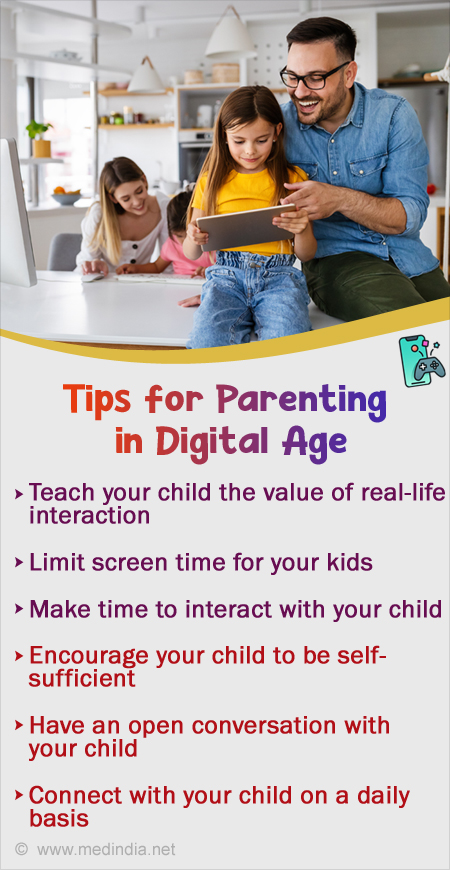
With patience, empathy, and consistent effort, you can master the art of parenting that strikes the perfect balance between discipline vs empowerment and sets your child up for success in life.
What are some common mistakes parents make when trying to implement enlightened parenting?
Common mistakes when trying to implement enlightened parenting include being overly strict, not allowing for open communication, and failing to recognize your child's unique needs and personality.
It's important to remember that while discipline is necessary, it should never come at the cost of shutting down your child's voice or individuality. To achieve success with enlightened parenting, start by actively listening to your child and creating a safe space where they feel comfortable expressing themselves.
Additionally, be patient as you navigate this approach - it may take time for both you and your child to adjust. By avoiding these common mistakes and implementing tips for success such as open communication and flexibility in discipline, you can empower your child to reach their full potential while still providing guidance and structure.

Are there any cultural or societal barriers to practicing enlightened parenting, and if so, how can they be overcome?
Breaking cultural norms and overcoming societal pressures can be challenging when it comes to practicing enlightened parenting.
In many cultures, there are deeply ingrained beliefs about how children should be raised, which can clash with the principles of enlightened parenting.
Additionally, society often puts immense pressure on parents to conform to certain standards and expectations, whether it's regarding discipline methods or academic achievement.
However, by being aware of these barriers and consciously choosing to challenge them, you can create a more fulfilling and empowering experience for yourself and your child.
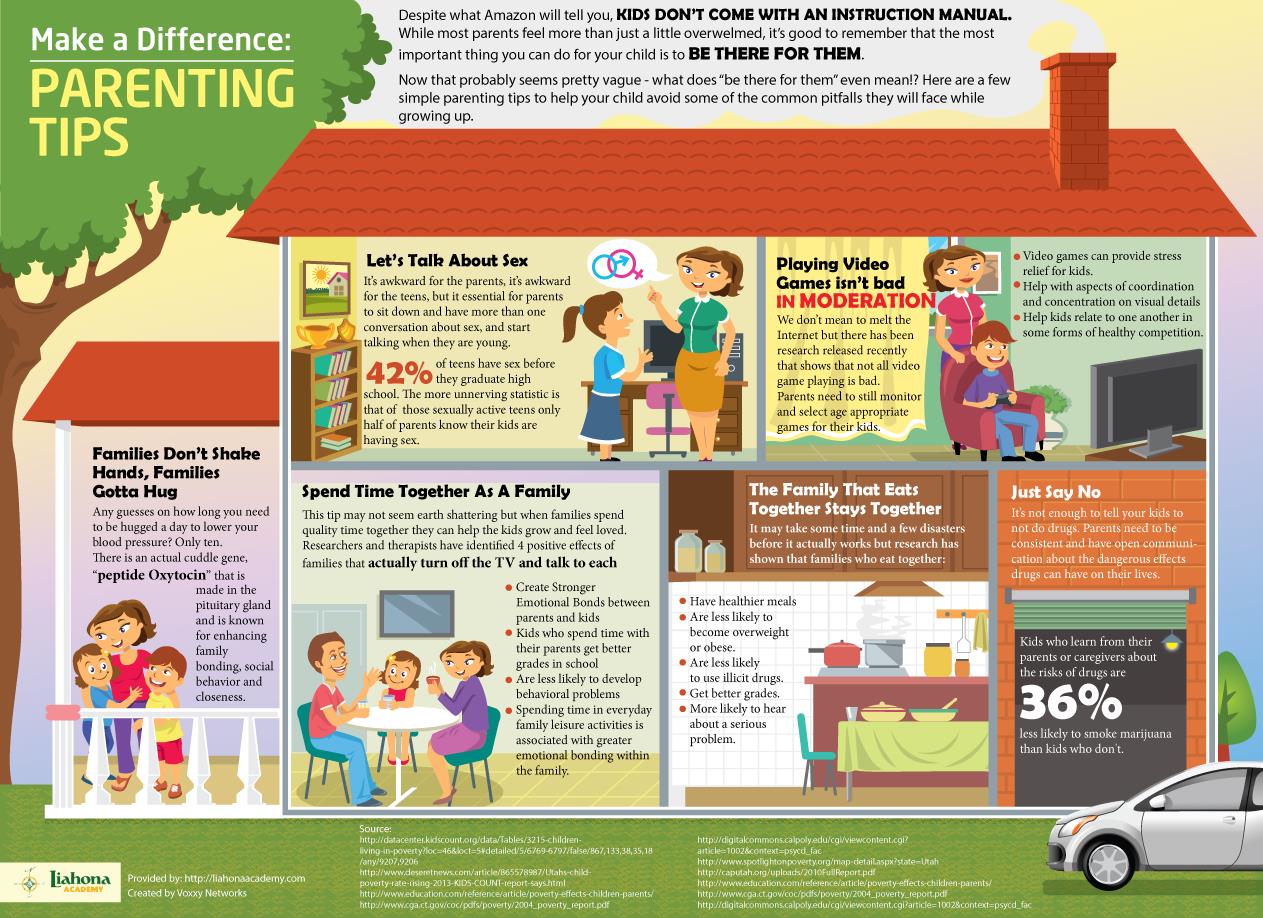
It takes courage to break free from cultural norms and societal pressures, but by doing so, you pave the way for a brighter future for both yourself and your child.
Conclusion
Congratulations on taking the first step towards becoming an enlightened parent! By reading this article, you've shown that you're committed to shaping your child's future and empowering them to become confident and resilient adults.
Remember, parenting isn't just about providing for your child's physical needs; it's about nurturing their emotional and social development as well.
As you embark on this journey of enlightened parenting, remember to always keep an open mind and be willing to learn from your child.

Every child is unique, with their own set of needs and strengths. By recognizing these individual differences and tailoring your approach accordingly, you can help your child reach their full potential.
So go ahead, embrace the power of emotional intelligence, social skills, confidence-building and resilience-building techniques in raising a well-rounded individual.
As the saying goes, "Rome wasn't built in a day," so don't expect immediate results. But with patience, perseverance, and consistency in applying these principles over time, you'll see positive changes in your child's behavior and outlook on life.
You've got this!

 RelationshipsHealthWorkMoneyParentingRetirementPrivacy PolicyTerms And Conditions
RelationshipsHealthWorkMoneyParentingRetirementPrivacy PolicyTerms And Conditions
